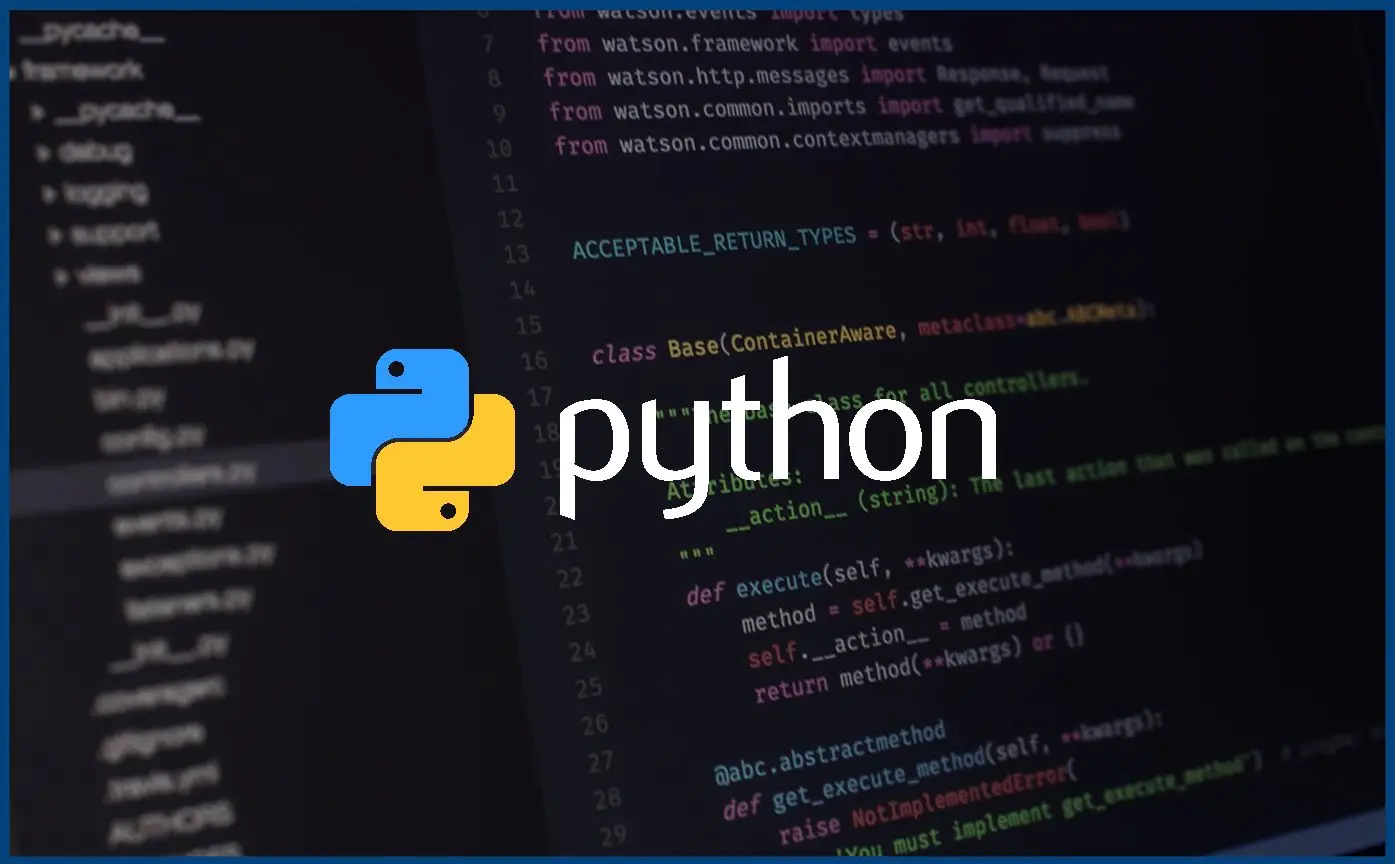目錄
使用requests+BeautifulSoup+sqlalchemy+pymysql爬取貓眼TOP100並寫入數據庫和txt文檔
做題用到爬蟲正好複習一下一些東西,爬取貓眼TOP100電影,並用sqlalchemy寫入數據庫,並寫入txt文檔
先做好數據庫連接的配置
from sqlalchemy import create_engine,Column,Integer,String,Text
from sqlalchemy.ext.declarative import declarative_base
from sqlalchemy.orm import sessionmaker
HOSTNAME = '127.0.0.1'
DATABASE = 'movies'
PORT = '3306'
USERNAME = 'root'
PASSWORD = 'root'
DB_URL = "mysql+pymysql://{username}:{password}@{host}:{port}/{database}?charset=utf8mb4".format(username=USERNAME,password=PASSWORD,host=HOSTNAME, port=PORT,database=DATABASE)
engine = create_engine(DB_URL)
conn = engine.connect()
Base = declarative_base()
Session = sessionmaker(engine)()創建數據表
class Movies(Base):
__tablename__ = 'movies'
index = Column(Integer,primary_key=True,autoincrement=True)
src = Column(Text,nullable=False)
name = Column(String(50),nullable=False)
actor = Column(String(50),nullable=False)
time = Column(String(50),nullable=False)
score = Column(String(50),nullable=False)
Base.metadata.create_all(engine)
alter = 'alter table movies convert to character set utf8mb4;'
conn.execute(alter)要注意執行修改字符集語句,否賊無法寫入
分析結構
from bs4 import BeautifulSoup
import requests
import re
def main(index):
req = requests.get(url.format(str(index)))
soup = BeautifulSoup(req.text, "html5lib")
for item in soup.select('dd'):
pass分析結構可以看出,每一部電影都寫在一個<dd>Array中,只要獲取到這個Array,再向下搜尋就能得到想要的數據
爬取數據
def get_index(item):
index = item.select_one("i").text
return index
def get_src(item):
img_src = item.select("img")[1]
template = re.compile('data-src="(.*?)"')
img_src = template.findall(str(img_src))[0]
return img_src
def get_name(item):
name = item.select(".name")[0].text
return name
def get_actor(item):
actor = item.select(".star")[0].text.split(':')[1]
return actor
def get_time(item):
time = item.select(".releasetime")[0].text.split(':')[1]
return time
def get_score(item):
score = item.select('.integer')[0].text + item.select('.fraction')[0].text
return score獲取需要的信息,因為src在data-scr中,所以這裡我用正則去獲取。
構造dict
def get_dict(item):
index = int(get_index(item))
src = get_src(item)
name = get_name(item)
actor = get_actor(item)
time = get_time(item)
score = get_score(item)
movies_dict = {'index': index, 'src': src, 'name': name, 'actor': actor, 'time': time, 'score': score}
return movies_dict將爬取的數據整理成dict(寫完後覺得這步沒有必要)
寫入txt
def write_file(content):
content = json.dumps(content,ensure_ascii=False)
with open('result.txt','a') as f:
f.write(content +'n')這裡需要將dict用json.dumps方法編碼成json字符串,否則無法寫入
寫入數據庫
def write_to_mysql(content):
src = content['src']
name = content['name']
actor = content['actor'].split('n')[0]
time = content['time']
score = content['score']
data = Movies(src = src,name=name,actor=actor,time=time,score=score)
Session.add(data)
Session.commit()在主函式中調用
def main(index):
req = requests.get(url.format(str(index)))
soup = BeautifulSoup(req.text, "html5lib")
for item in soup.select('dd'):
movies_dict = get_dict(item)
write_to_mysql(movies_dict)
write_file(movies_dict)爬取所有頁面
for i in range(10):
main(i*10)完整代碼
from bs4 import BeautifulSoup
from sqlalchemy import create_engine,Column,Integer,String,Text
from sqlalchemy.ext.declarative import declarative_base
from sqlalchemy.orm import sessionmaker
import requests
import re
import json
HOSTNAME = '127.0.0.1'
DATABASE = 'movies'
PORT = '3306'
USERNAME = 'root'
PASSWORD = 'root'
DB_URL = "mysql+pymysql://{username}:{password}@{host}:{port}/{database}?charset=utf8mb4".format(username=USERNAME,password=PASSWORD,host=HOSTNAME, port=PORT,database=DATABASE)
engine = create_engine(DB_URL)
conn = engine.connect()
Base = declarative_base()
Session = sessionmaker(engine)()
class Movies(Base):
__tablename__ = 'movies'
index = Column(Integer,primary_key=True,autoincrement=True)
src = Column(Text,nullable=False)
name = Column(String(50),nullable=False)
actor = Column(String(50),nullable=False)
time = Column(String(50),nullable=False)
score = Column(String(50),nullable=False)
Base.metadata.create_all(engine)
alter = 'alter table movies convert to character set utf8mb4;'
conn.execute(alter)
def get_index(item):
index = item.select_one("i").text
return index
def get_src(item):
img_src = item.select("img")[1]
template = re.compile('data-src="(.*?)"')
img_src = template.findall(str(img_src))[0]
return img_src
def get_name(item):
name = item.select(".name")[0].text
return name
def get_actor(item):
actor = item.select(".star")[0].text.split(':')[1]
return actor
def get_time(item):
time = item.select(".releasetime")[0].text.split(':')[1]
return time
def get_score(item):
score = item.select('.integer')[0].text + item.select('.fraction')[0].text
return score
def get_dict(item):
index = int(get_index(item))
src = get_src(item)
name = get_name(item)
actor = get_actor(item)
time = get_time(item)
score = get_score(item)
movies_dict = {'index': index, 'src': src, 'name': name, 'actor': actor, 'time': time, 'score': score}
return movies_dict
def write_file(content):
content = json.dumps(content,ensure_ascii=False)
with open('result.txt','a') as f:
f.write(content +'n')
def write_to_mysql(content):
src = content['src']
name = content['name']
actor = content['actor'].split('n')[0]
time = content['time']
score = content['score']
data = Movies(src = src,name=name,actor=actor,time=time,score=score)
Session.add(data)
Session.commit()
def main(index):
req = requests.get(url.format(str(index)))
soup = BeautifulSoup(req.text, "html5lib")
for item in soup.select('dd'):
movies_dict = get_dict(item)
write_to_mysql(movies_dict)
write_file(movies_dict)
url = 'https://maoyan.com/board/4?offset={}'
for i in range(10):
main(i*10)使用selenium爬取空間說說
配置驅動,模擬登入
from selenium import webdriver
import time
qq = input("請輸入qq號")
ss_url ='https://user.qzone.qq.com/{}/311'.format(qq)
driver = webdriver.Chrome("chromedriver.exe")
driver.maximize_window()
driver.get(ss_url)
driver.switch_to.frame('login_frame')
driver.find_element_by_class_name('face').click()
next_page='page'
page=1抓取說說
while next_page:
time.sleep(2)
# driver.implicitly_wait(100)
driver.switch_to.frame('app_canvas_frame')
content = driver.find_elements_by_css_selector('.content')
stime = driver.find_elements_by_css_selector('.c_tx.c_tx3.goDetail')
print('正在抓取第%s頁'%page)
for con, sti in zip(content, stime):
data = {
'time': sti.text,
'shuos': con.text
}
print(data)
time.sleep(1)使用zip構建元組來遍歷
使用time.sleep()來等待頁面加載(因為隱式等待和顯示等待沒搞明白,所以用強制等待。。。。)
翻頁
next_page = driver.find_element_by_link_text('下一頁')
page = page+1
next_page.click()
driver.switch_to.parent_frame()翻頁後要使用driver.switch_to.parent_frame()找到上策frame,否則無法定位Array
完整代碼
from selenium import webdriver
import time
qq = input("請輸入qq號")
ss_url ='https://user.qzone.qq.com/{}/311'.format(qq)
driver = webdriver.Chrome("chromedriver.exe")
driver.maximize_window()
driver.get(ss_url)
driver.switch_to.frame('login_frame')
driver.find_element_by_class_name('face').click()
next_page='page'
page=1
while next_page:
time.sleep(2)
# driver.implicitly_wait(100)
driver.switch_to.frame('app_canvas_frame')
content = driver.find_elements_by_css_selector('.content')
stime = driver.find_elements_by_css_selector('.c_tx.c_tx3.goDetail')
print('正在抓取第%s頁'%page)
for con, sti in zip(content, stime):
data = {
'time': sti.text,
'shuos': con.text
}
print(data)
time.sleep(1)
next_page = driver.find_element_by_link_text('下一頁')
page = page+1
next_page.click()
driver.switch_to.parent_frame()



